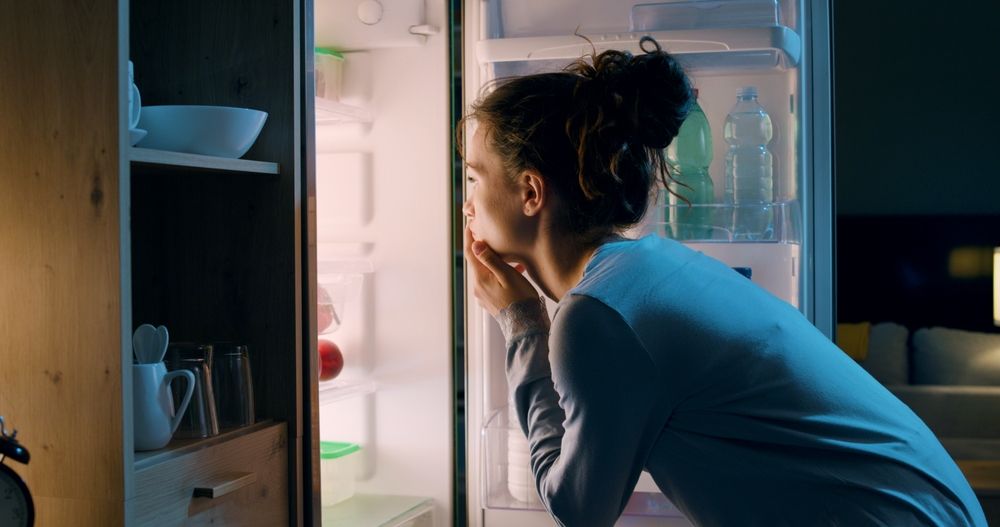Have you ever found yourself lying awake at night, glancing at the clock, and wondering what's preventing you from falling asleep? Surprisingly, it could be related to your pre-bedtime food choices. The foods we consume before sleep can significantly affect the quality of our rest. Bedtime snacks that disrupt blood sugar, stimulate the nervous system, or interfere with digestion are often the reasons behind sleepless nights. In some cases, even seemingly healthy foods can be among the worst choices for a good night's sleep.
1) French Fries
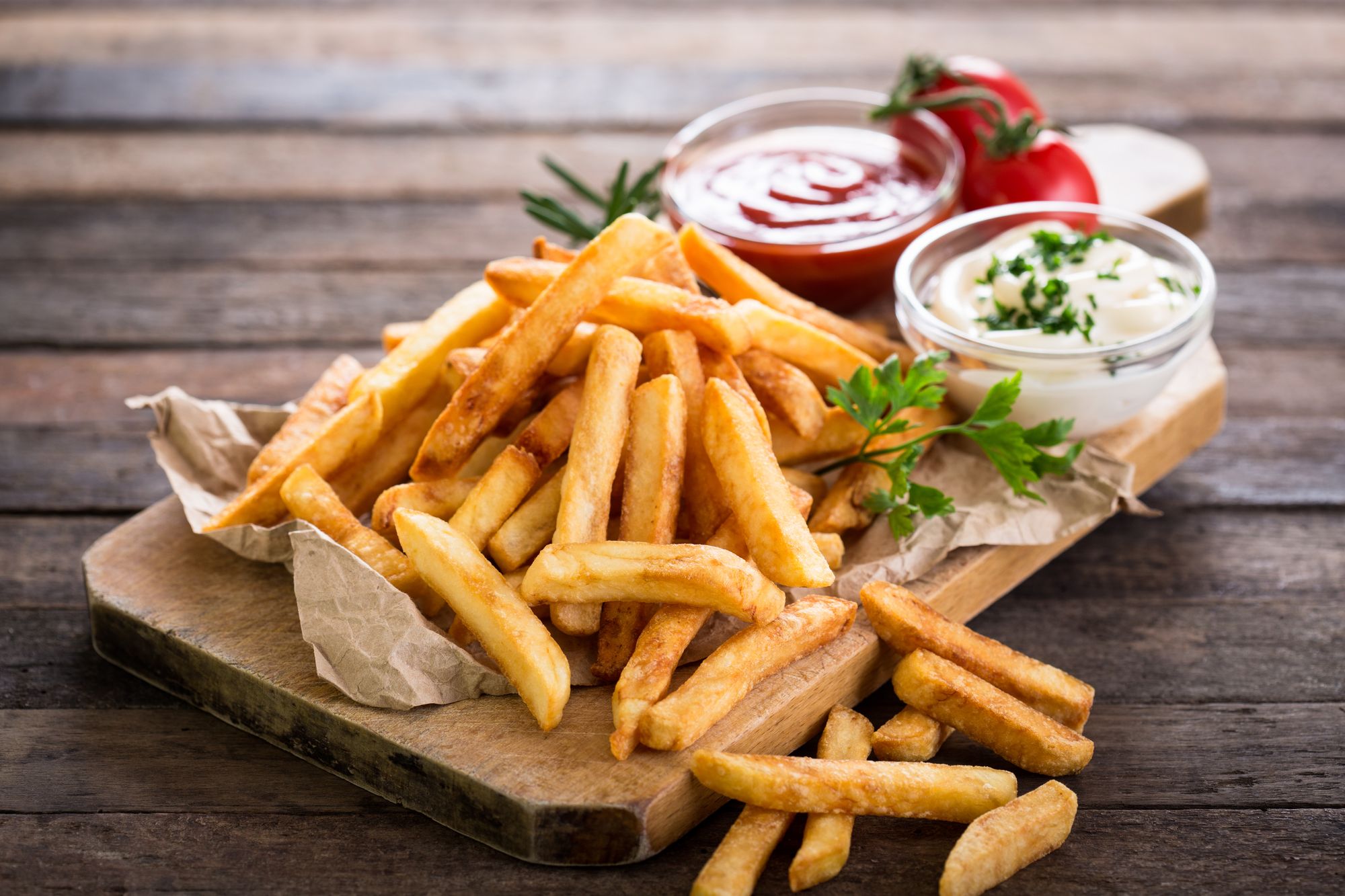
Fried foods, due to their high fat content, can place a strain on your digestive system. Opting for items like French fries shortly before bedtime can lead to indigestion, leaving you feeling uncomfortable as you attempt to sleep.
2) Tacos
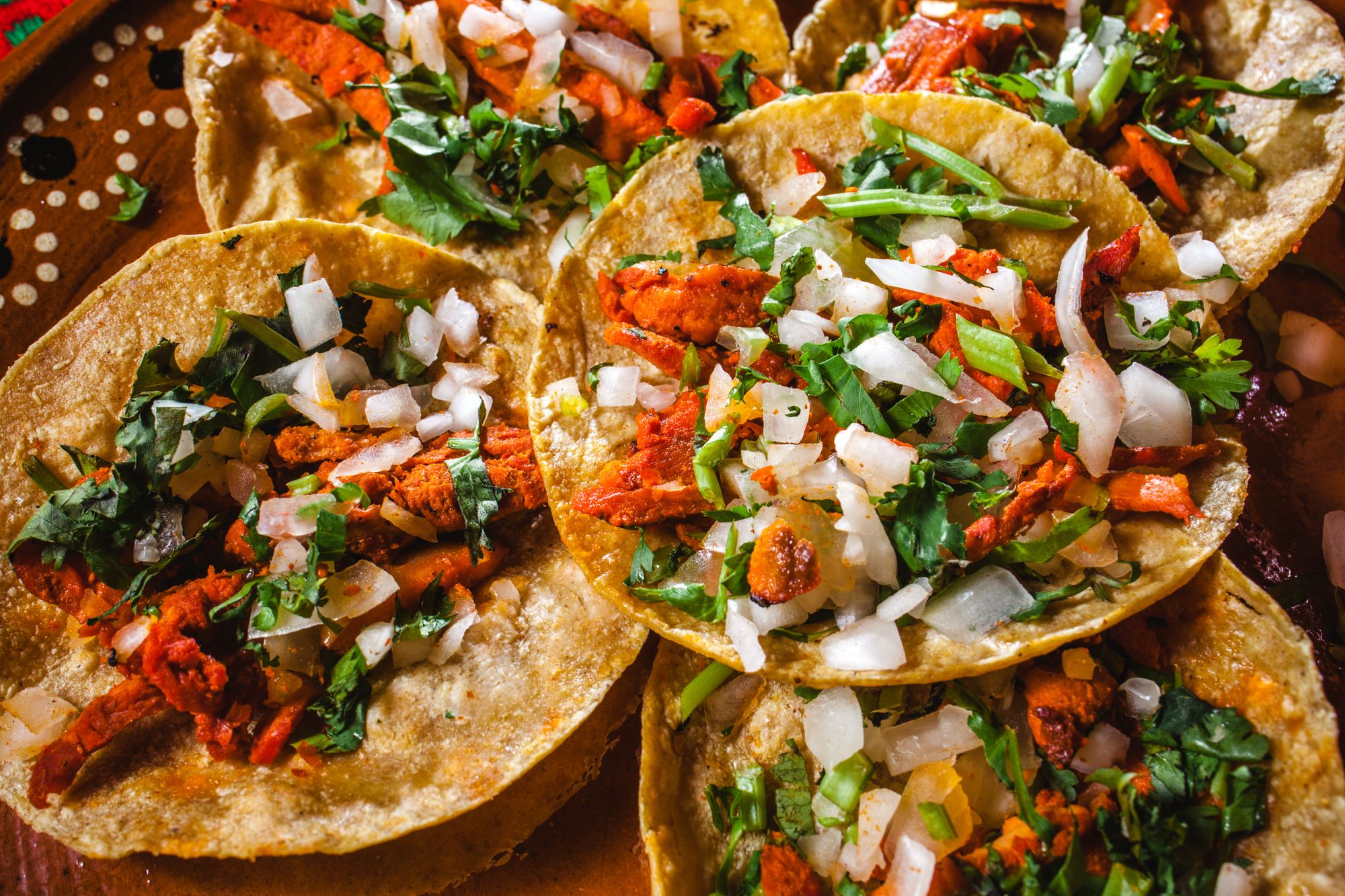
Leave behind Taco Bell's late-night 'Fourth meal'—tacos can be a problematic combination of high fat and spiciness that might lead to sleep disturbances.
Spicy foods can exacerbate acid reflux, a condition that can result in chest discomfort, acidic belching, or stomach discomfort when reclining. It's best to savor your tacos well in advance of bedtime rather than indulging in a late-night fast-food excursion.
3) Red Chili Pepper
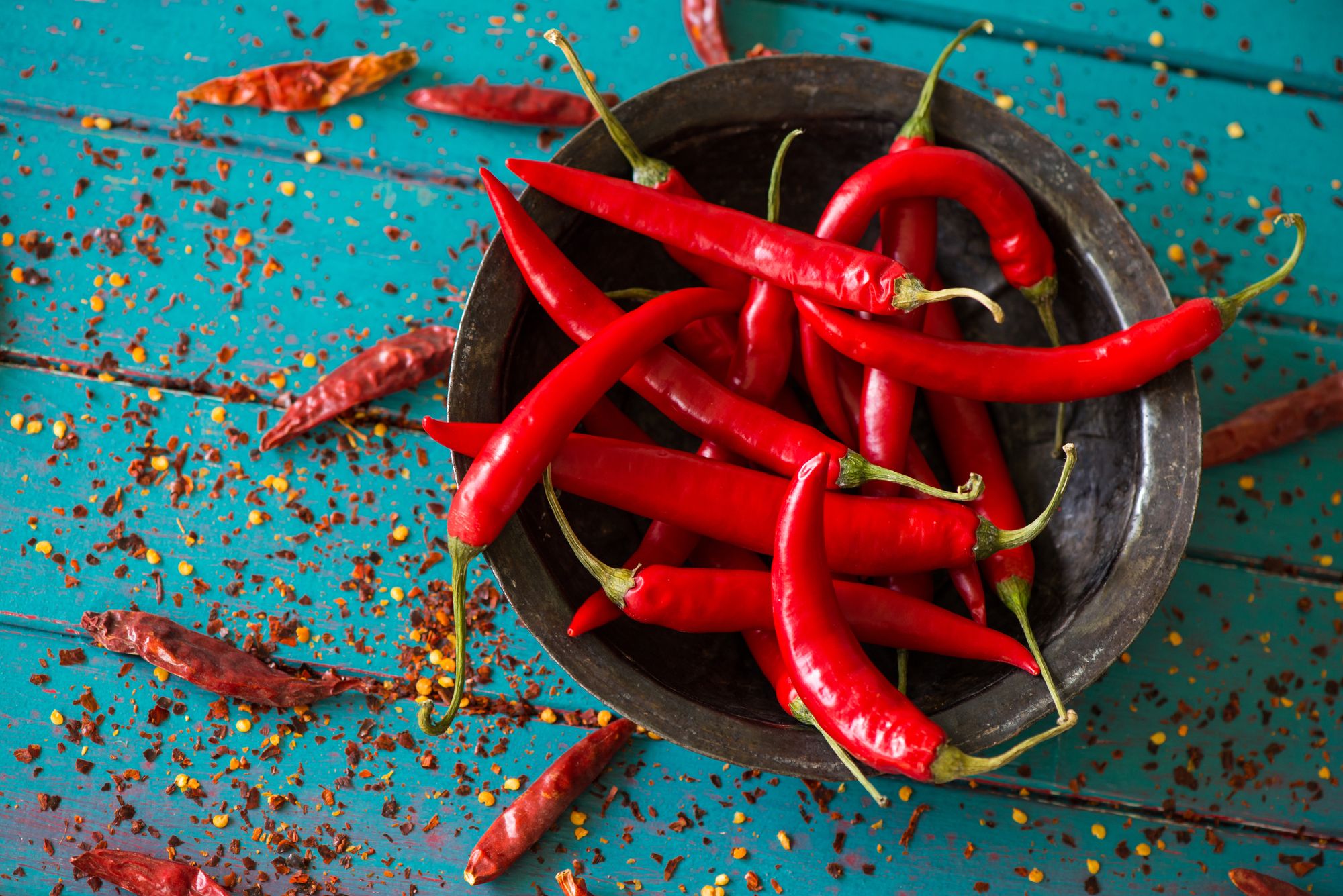
Let's talk about spiciness, and there's nothing hotter than red chili peppers. While capsaicin, the compound responsible for their heat, has known benefits like reducing inflammation and even alleviating pain, it's not the best choice for promoting sleep.
A study discovered that red chili peppers exacerbated acid reflux in individuals with GERD. If you're susceptible to reflux, especially the type that interferes with your sleep, it's advisable to avoid spicy chilies.
4) Cheeseburgers
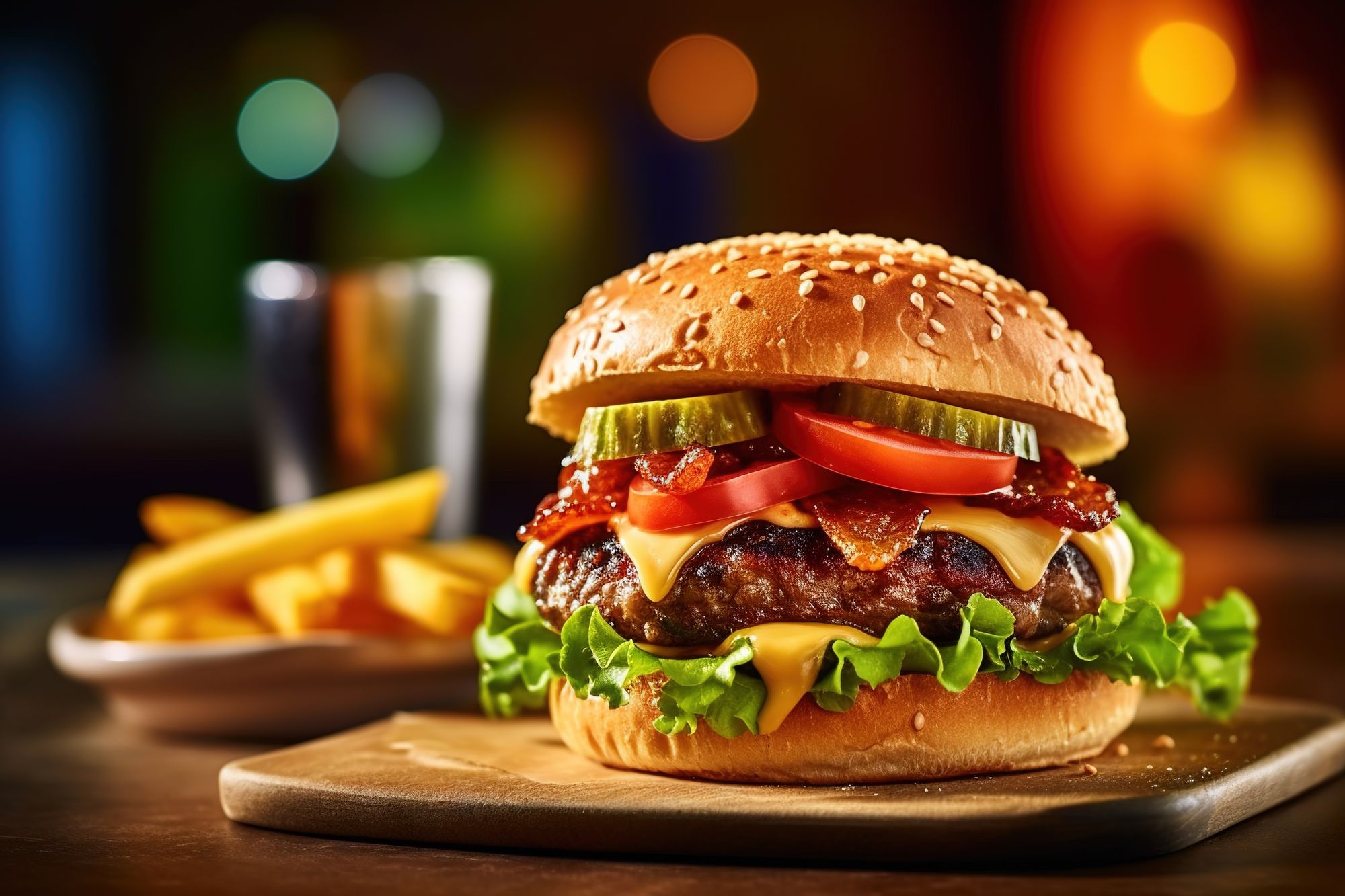
While no one has ever touted a cheeseburger as a healthy late-night snack, this high-fat meal may not only impact your waistline but also disrupt your sleep.
Being a high-fat food, cheeseburgers can be challenging to digest, potentially leading to gastrointestinal discomfort as you attempt to relax and unwind.
5) Citrus Fruits
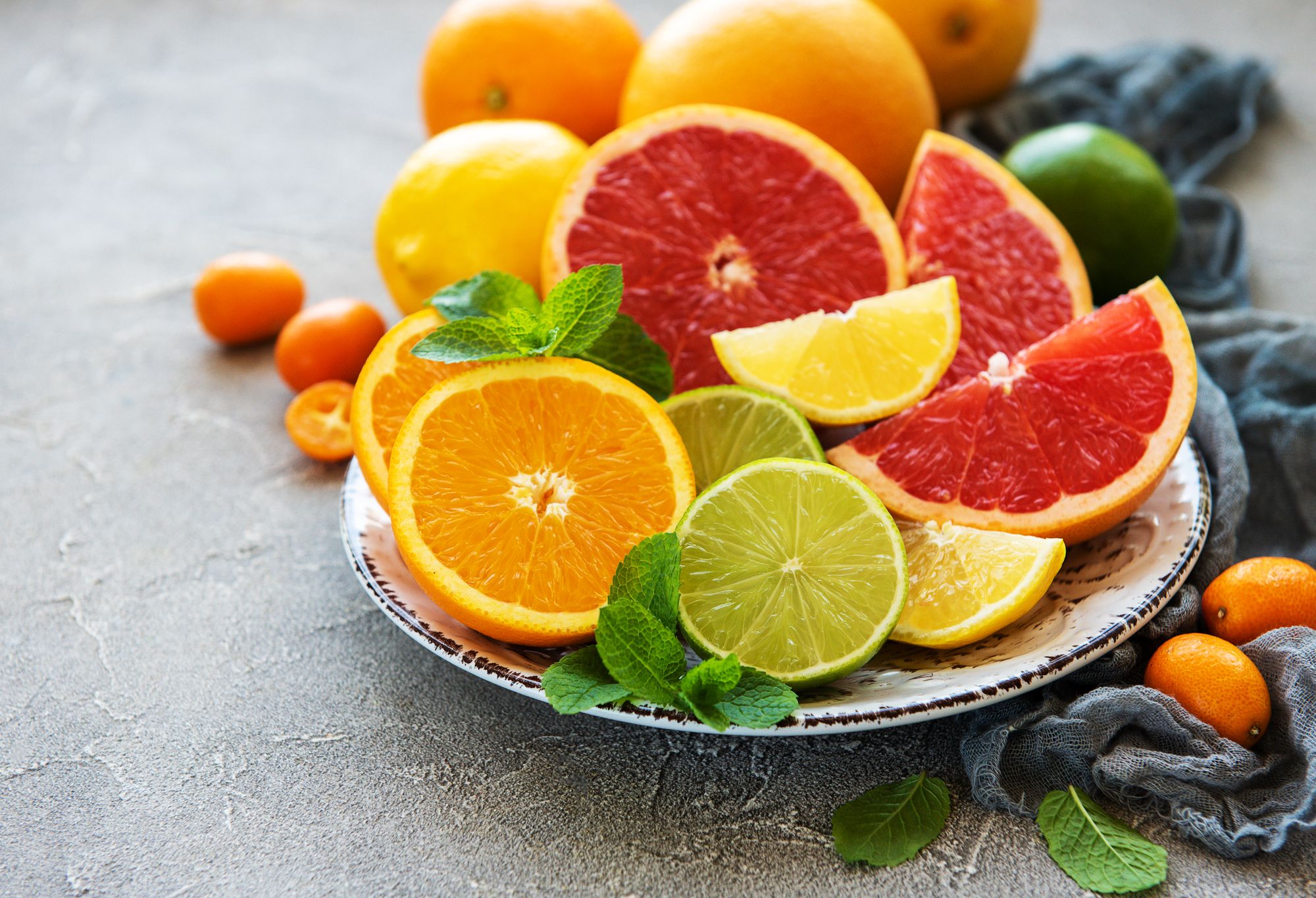
Oranges, grapefruits, lemons, and limes are packed with health benefits, from their rich vitamin C content to their abundant fiber. However, when it comes to bedtime snacks, they may not be the best choice.
The acidity found in citrus fruits can be a trigger for acid reflux. If you're looking for a fruit-based treat in the evening, consider tart cherries (or their juice) instead. Studies indicate that they can contribute to improved sleep.
6) Candy
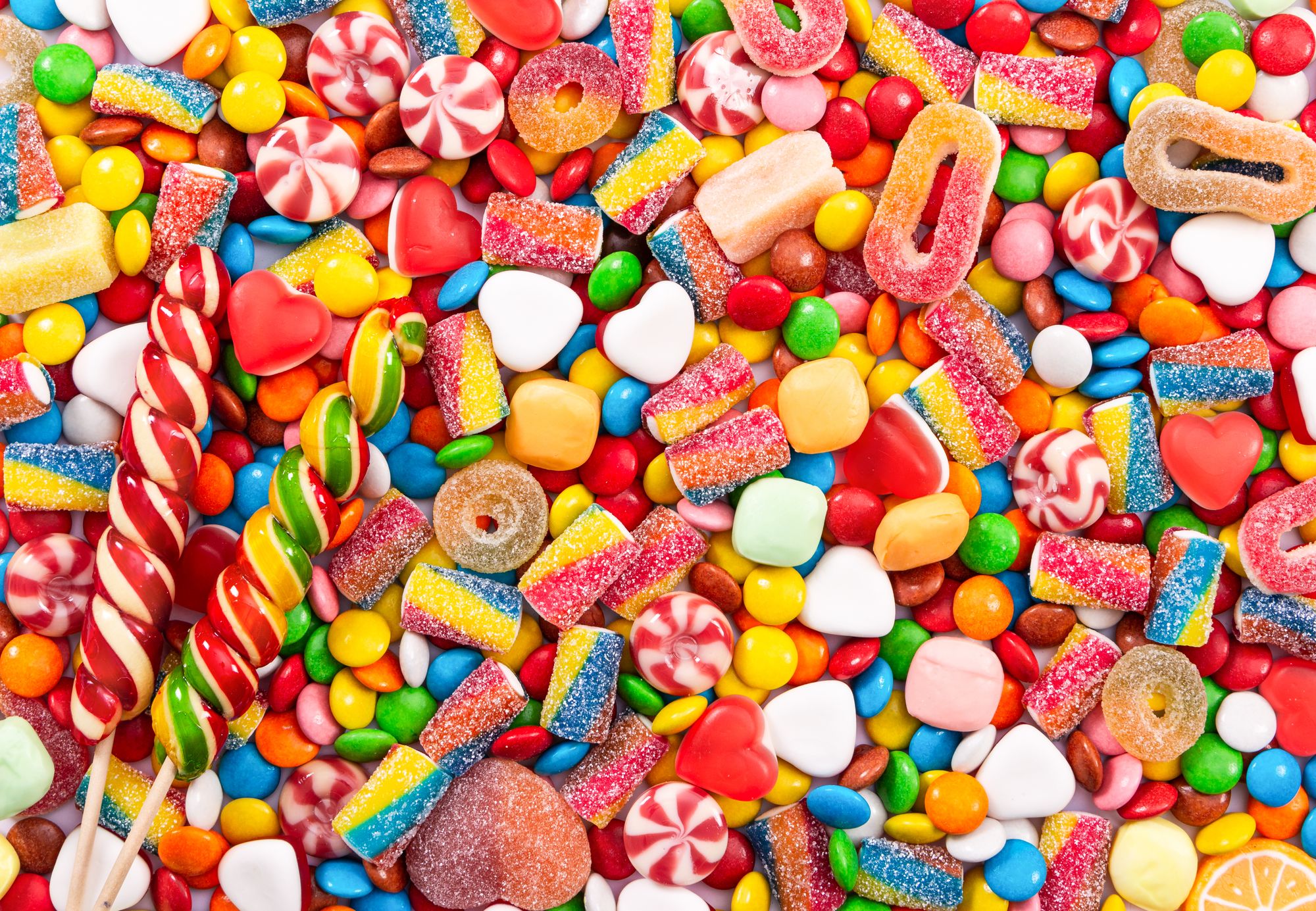
While sugar may not necessarily make you hyper, as folk wisdom once claimed, experiencing a sudden increase in blood sugar is the last thing you want when seeking a good night's sleep. Regrettably, consuming candy before bedtime can result in exactly that, so it's best to avoid sweets before heading to sleep.
Recent research from 2022 has revealed a connection between a high-sugar diet and both poor sleep quality and shorter duration of sleep.
7) Energy Drinks
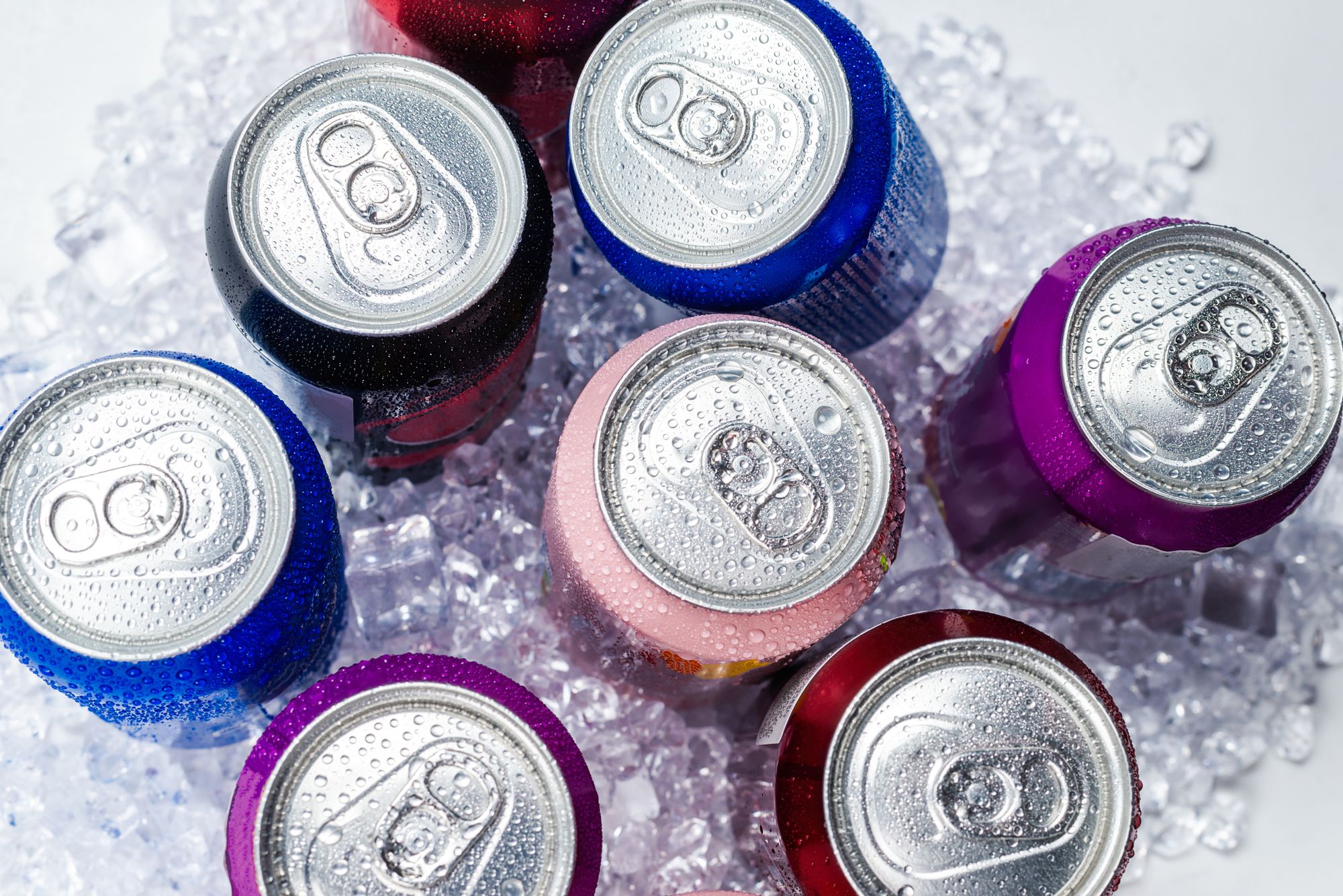
It's quite clear that energy drinks are the top adversaries of a good night's sleep. Packed with natural and synthetic stimulants, they are essentially the antithesis of relaxation.
A 2019 study conducted on university students identified a statistically significant link between the consumption of energy drinks and diminished sleep quality. If you opt for a Red Bull or Rockstar, it's advisable to consume it at least eight hours prior to bedtime."
8) Coffee
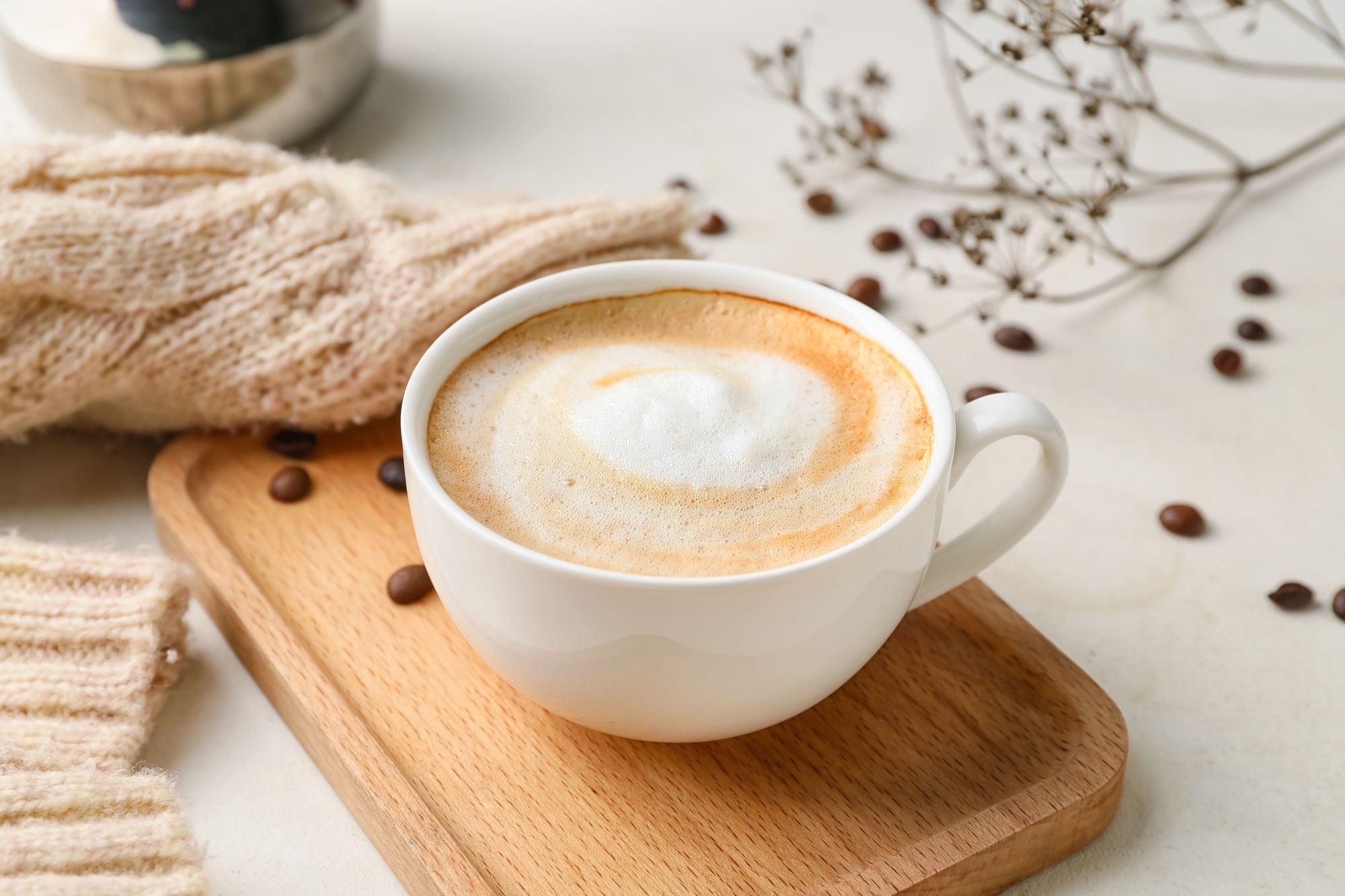
But when it comes to sleep, let's skip the coffee... Java is renowned for its ability to disrupt sleep, thanks to its caffeine content. Certain research indicates that even consuming coffee up to six hours before bedtime can adversely affect your nighttime rest. You might be surprised by the improvements cutting back can bring to your sleep.
9) Caffeinated Tea
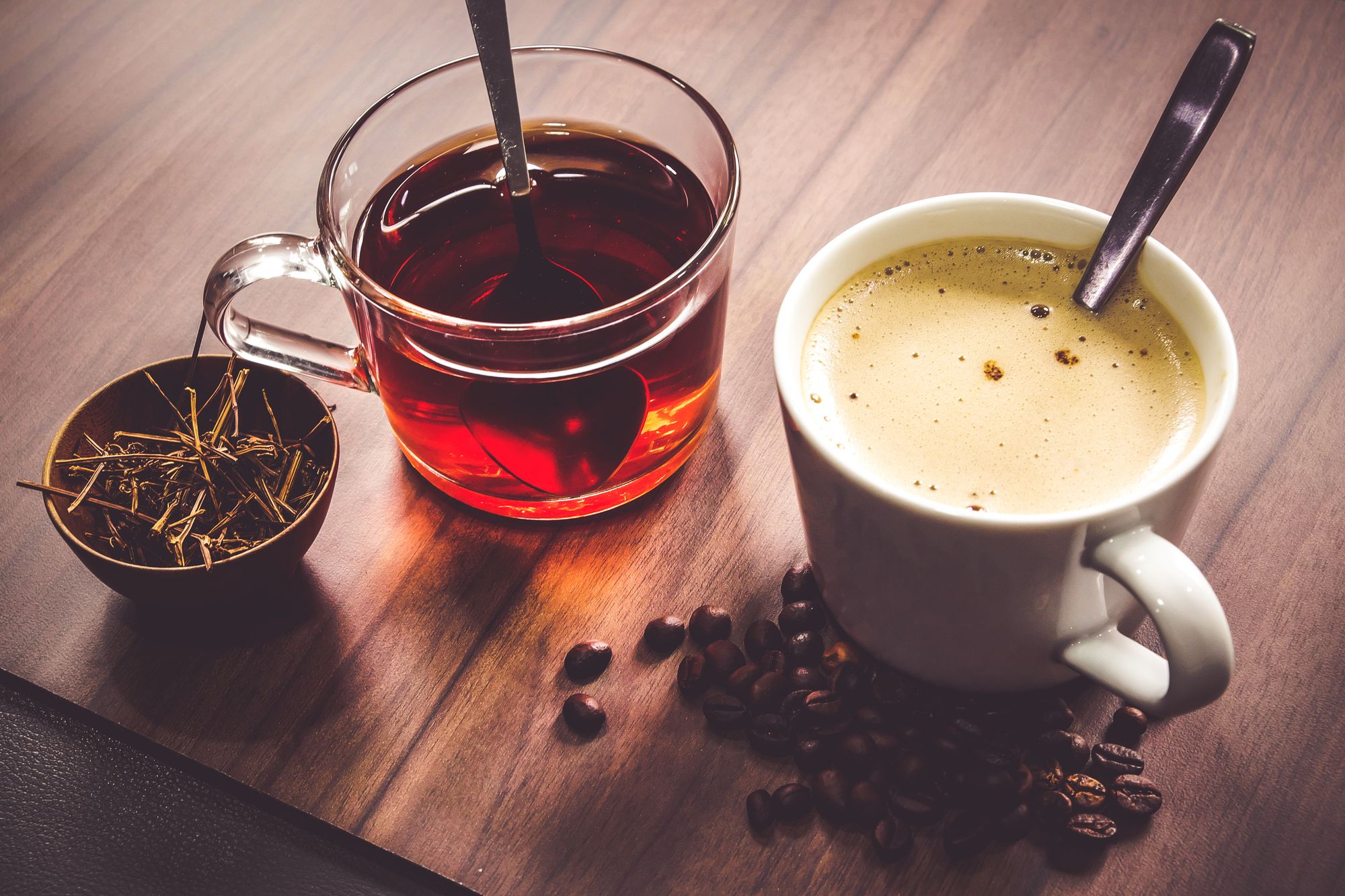
Green and black tea are rich in antioxidants, which are known for their anti-inflammatory properties. However, it's best to savor them during breakfast rather than as a nighttime beverage, as these teas can contain substantial levels of caffeine that might interfere with your sleep.
According to the Mayo Clinic, a cup of brewed green tea typically contains around 28 milligrams of caffeine, while the same amount of brewed black tea provides approximately 47 milligrams.
If you're craving a comforting cup of tea before bedtime, consider switching to a decaffeinated variety, such as an herbal blend or one designed to promote sleep."
10) Alcohol
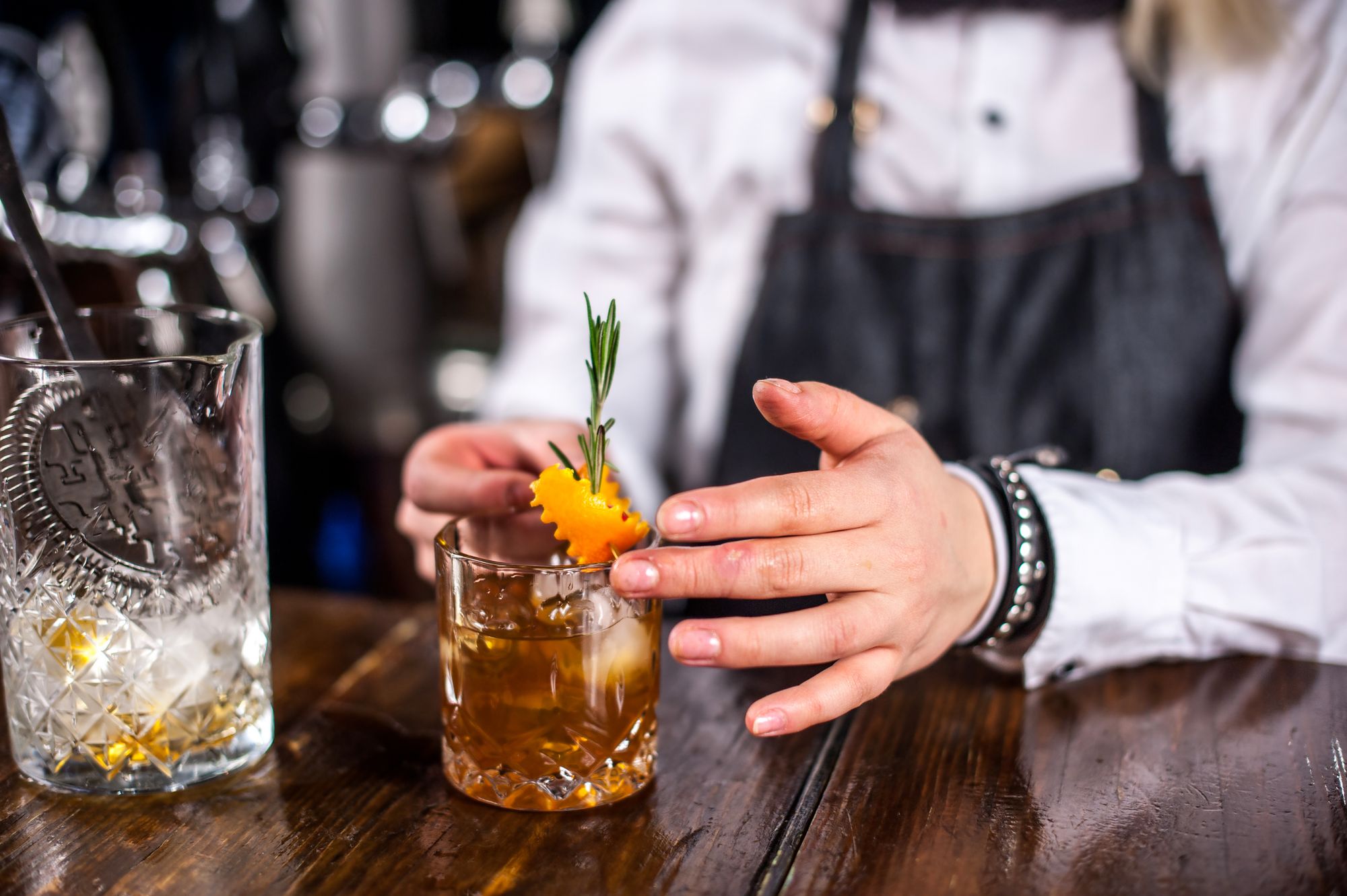
While alcohol might offer a temporary sense of relaxation, it falls short as a sleep aid. In fact, consuming alcohol has been associated with inferior sleep, rather than improved sleep. Opting for a mocktail or nonalcoholic wine could provide a similar pleasant experience without disrupting your rest.

